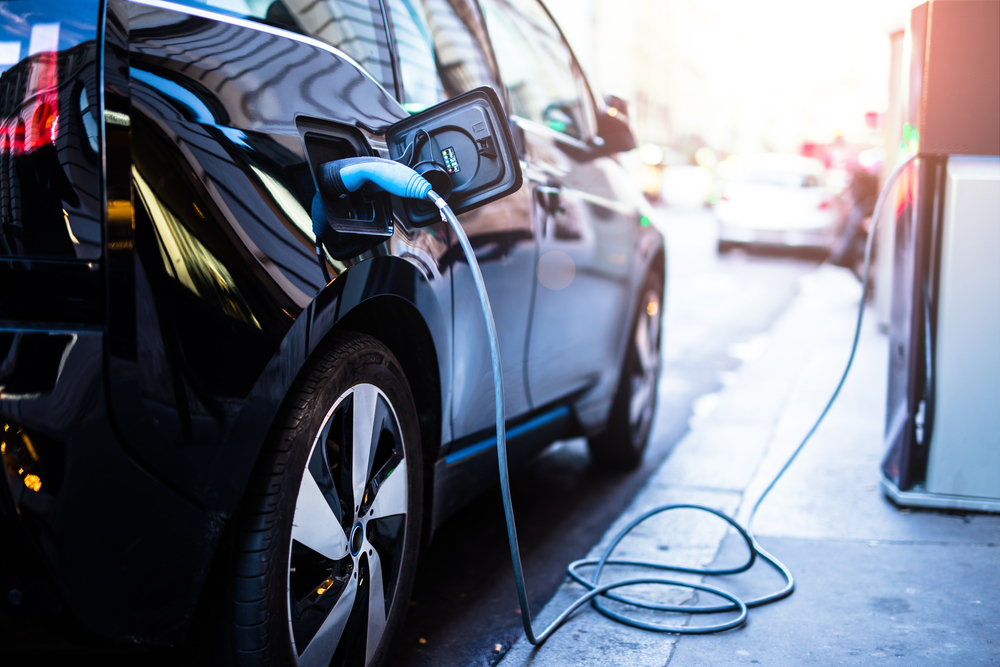Insurance
Government cuts electric car grant from £3,000 to £2,500

It has also lowered the upper price limit for eligible vehicles, meaning electric cars costing more than £35,000 will no longer be eligible for the incentive.
The plug-in car grant (PiCG) offers a discount on the cost of buying an electric car. The scheme means the government puts a sum of money towards the purchase of zero-emissions vehicles, creating a cash incentive for buyers to switch to electric vehicles.
Previously buyers could get £3,000 off vehicles – this has reduced to £2,500. The maximum price of vehicles that could be bought using the grant was previously £50,000, but this has reduced to £35,000. The changes come into effect immediately from today (18 March).
The government said the grant scheme had been “updated to target less expensive models” and “reflect a greater range of affordable vehicles available”. It said the change would allow the scheme’s funding to go further and help more people make the switch to an electric vehicle.
It added that higher-priced vehicles were typically bought by drivers who could afford to switch without a subsidy from taxpayers.
The number of electric car models priced under £35,000 has increased by almost 50% since 2019 and more than half the models currently on the market will still be eligible for the grant, including spacious family cars, such as the Hyundai Kona 39kWh and the MG ZS EV.
The government says that measures to encourage people to switch to electric vehicles are also working, with nearly 11% of new cars sold in 2020 having a plug. This was up from just over 3% in 2019 – and battery electric car sales almost tripled over that same period.
Rachel Maclean, transport minister, said: “We want as many people as possible to be able to make the switch to electric vehicles as we look to reduce our carbon emissions, strive towards our net-zero ambitions and level up right across the UK.
“The increasing choice of new vehicles, growing demand from customers and rapidly rising number of chargepoints mean that, while the level of funding remains as high as ever, given soaring demand, we are refocusing our vehicle grants on the more affordable zero emission vehicles – where most consumers will be looking and where taxpayers’ money will make more of a difference.”
The plug-in car grant was introduced 10 years ago to stimulate the early market for zero emission vehicles. Since 2011, government has provided close to £1.3bn in plug-in vehicle grant funding to bring ultra-low emission vehicles onto UK roads, supporting the purchase of more than 285,000 vehicles.
John Wilmot, CEO or car leasing comparison website LeaseLoco, said: “While no-one expected the free cash offer to last forever, is this really the best time to announce a further cut, at a time when households are tightening their belts?
“One of the major barriers to early switching to electric is the cost of many of the EVs on the market, even at the cheaper end. The grant at least cushioned the blow, but cutting it again will disincentivise car owners and make them think twice about switching to electric now over purchasing cheaper new diesel and petrol cars or buying second hand.”
Martin Milliner, from LV= general insurance, said: “This announcement sends out the wrong message, at a time when government should be putting their foot on the EV accelerator to drive engagement and purchase. Instead, as the clock ticks down to 2030, they’re putting the brakes on and giving people yet another reason to believe that the switch to electric is a financial bridge too far. We should be following France and Germany’s lead and offering an improved package of fiscal incentives and nudges to push drivers towards EVs.”